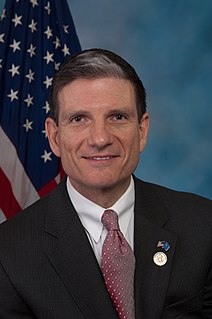A Quote by James Hansen
Rising carbon price is essential to 'decarbonize' the economy - to remove the nation towards the era beyond fossil fuels.
Related Quotes
Carbon dioxide pollution is transforming the chemistry of the ocean, rapidly making the water more acidic. In decades, rising ocean acidity may challenge life on a scale that has not occurred for tens of millions of years. So we confront an urgent choice: to move beyond fossil fuels or to risk turning the ocean into a sea of weeds.
The true cost of the pollution that is being dumped into the atmosphere and manifests itself in our sick children dealing with asthma or older folks dealing with heart and lung disease from the pollutions created by the burning of these fossil fuels, may not be reflected in the prices of fossil fuels, but that does not mean we aren't paying a high price for them.




































